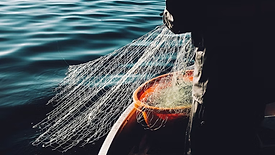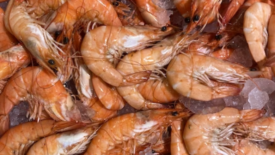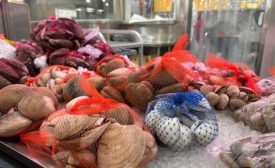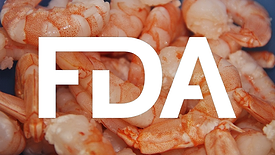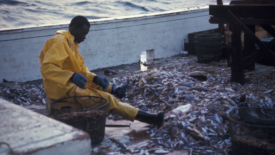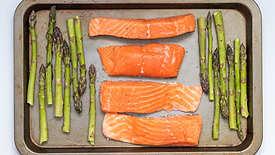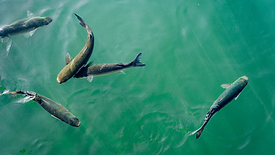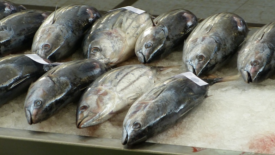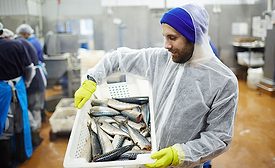Seafood
Guiding Principles of Shellfish Safety
The harvest, holding, transport, and sale of shellfish are tightly regulated in the U.S. to reduce the risk of foodborne illness to consumers
April 10, 2023
How Food Manufacturers Have Responded to the COVID-19 Pandemic—Part 2
Six of the seven facilities assessed reported a "noticeable" or "significant" improvement in food safety culture behaviors of workers
February 6, 2023
Never miss the latest news and trends driving the food safety industry
eNewsletter | Website | eMagazine
JOIN TODAY!Copyright ©2024. All Rights Reserved BNP Media.
Design, CMS, Hosting & Web Development :: ePublishing
